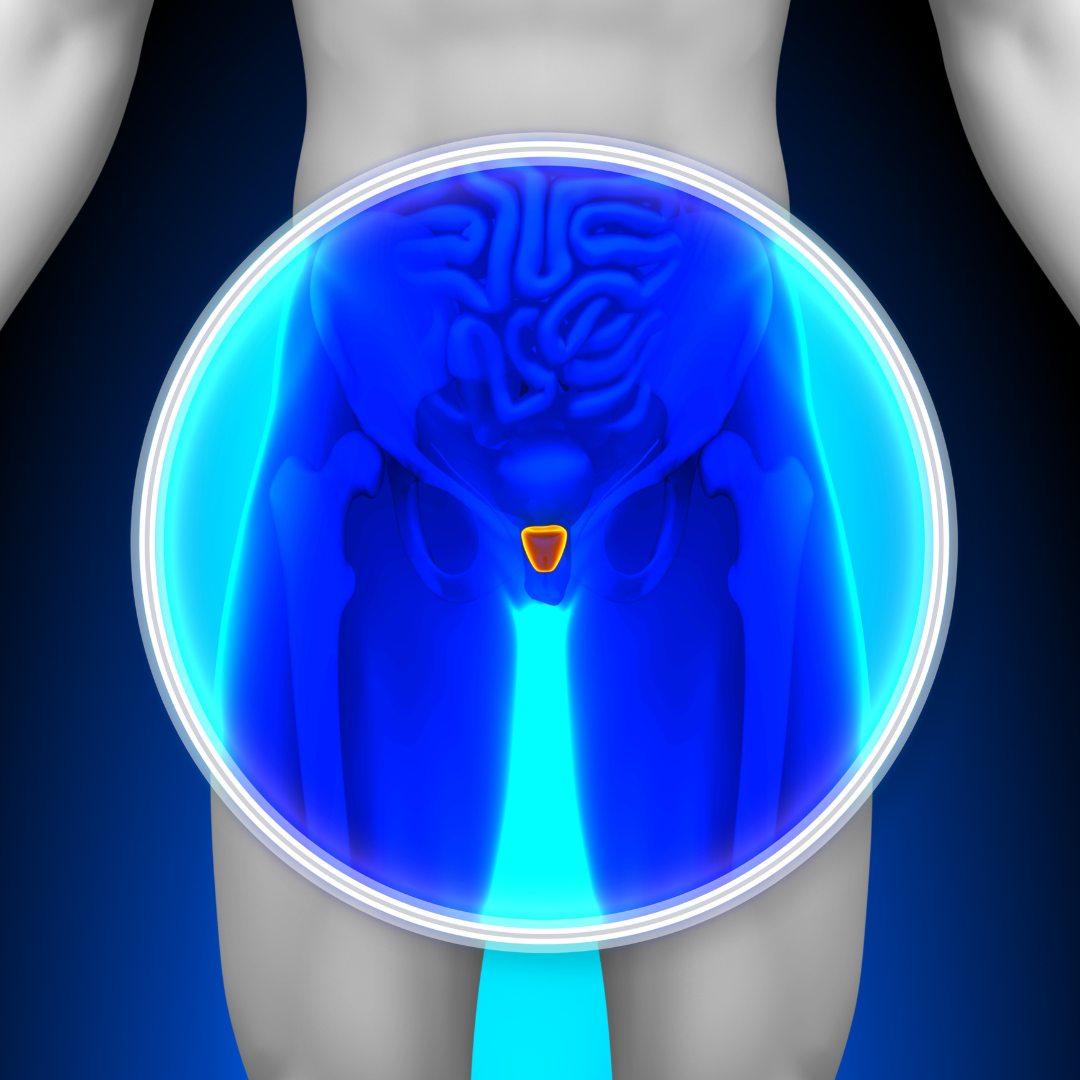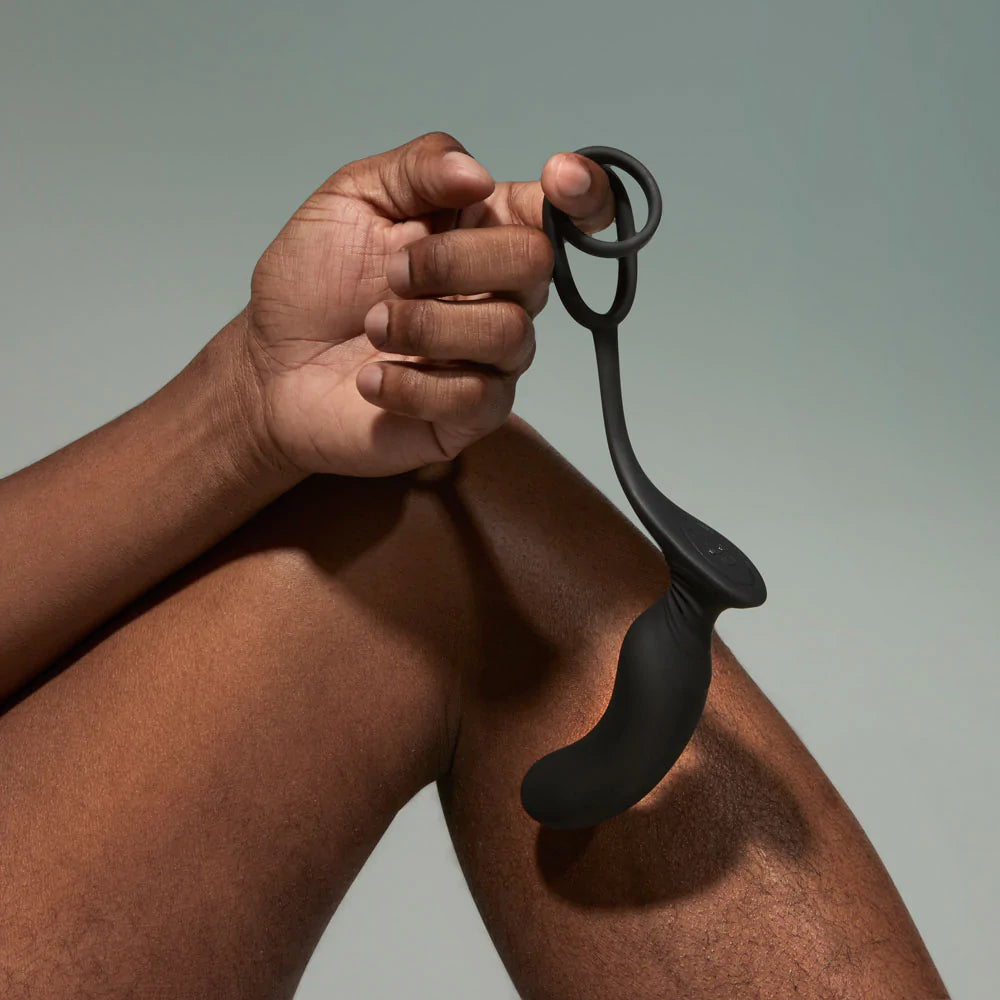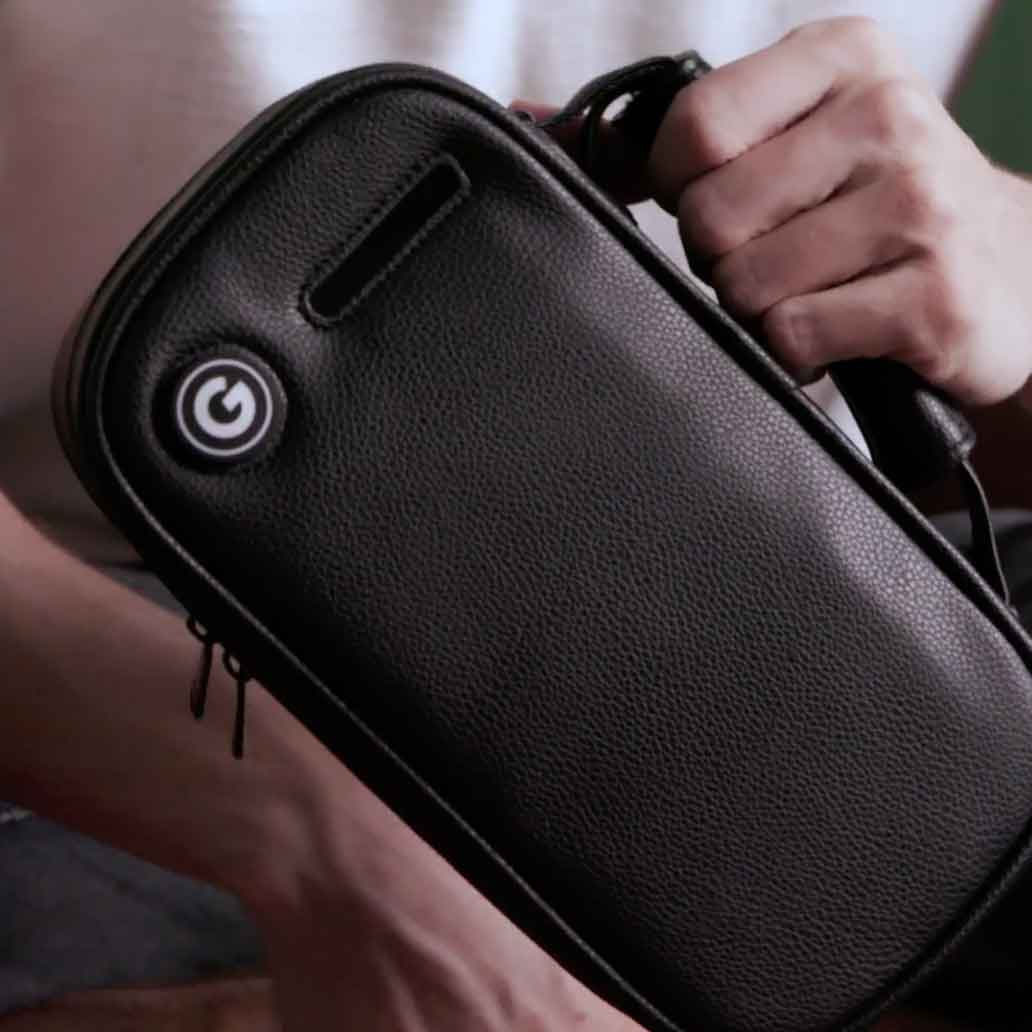Free cock ring. Major savings. Zero regrets.

Eating for a Healthy Prostate: Foods to Avoid With an Enlarged Prostate
Have a prostate? Good! We are diving into what keeps a prostate healthy and how to adjust your diet to reduce prostate swelling. Prostate health is perhaps one of the most underrated topics; it is seldom discussed, and if it is, the conversation is fleeting.
The simple truth is - we need to be talking about it. As people with prostates age - this walnut-like gland can become enlarged and inflamed.
This results from several conditions, such as benign prostate hyperplasia, high levels of DHT, and other conditions. Enlarged prostates are tricky and uncomfortable however, with a little care and time, you can easily manage symptoms.
We will dive into how you can manage this condition, including foods to avoid developing an enlarged prostate and managing one.
Taking Prostate Health Seriously
Before we dive into managing this condition - we need to understand why prostate health is important and what exactly this walnut-shaped gland does. Its function is important, making it vital to support prostate health.
Defining a Prostate
To get slightly scientific and straight to the point - the prostate is a vital part of male health. Its functioning is vital! It is a gland found in the male reproductive system. It produces semen, which is a fluid that transports sperm during ejaculation.
The prostate is located beneath the bladder and surrounding the urethra, which is the tube that drains urine and sperm from the body.

The prostate size can change with age, and an enlarged prostate, also known as benign prostatic hyperplasia, can cause urinary symptoms such as frequent urination and weak urine flow.
Shop: Find Your Solution to an Enlarged Prostate Here
Steps To a Healthy Prostate
Now that we understand prostate health a little more - we can dive into what you need to do to keep it healthy. Besides regular checkups, a healthy diet, prostate massage and adequate sunshine are excellent steps to improving its functioning and maintaining health.
Much like other health issues - enlarged prostates can be managed with a proper diet; some foods can inflame while others can reduce the inflammation. Another method to help reduce symptoms is prostate milking, known as prostate massage.
Further Reading: Prostate Massage and Depression
Keeping Your Prostate Healthy
Health starts with the gut, which is true for anyone with prostate problems. While the exact causes of benign prostatic hyperplasia are unknown, it can happen anytime to anyone.

The trick to managing BPH symptoms can be done by adjusting your diet. Some foods to eat promote good prostate health and avoid when trying to reduce prostate enlargement.
Further Reading: Keeping Your Prostate Healthy
Foods To Avoid With Enlarged Prostate
Research suggests that there are several foods that can aggravate an enlarged prostate. Besides the obvious such as overly processed foods, here are the most important foods to avoid.
Caffeine
It is the age-old complaint - watch your caffeine intake! Caffeine is a stimulant that can increase bladder activity, causing more frequent trips to the bathroom. This can be particularly problematic for people with BPH, who already experience urinary difficulties. Limiting or avoiding caffeine-containing drinks such as coffee, tea, and soda is recommended.
Alcohol
Alcohol can be irritating to the bladder and can worsen urinary symptoms. It can also increase the frequency of bathroom trips and make it more difficult to empty the bladder completely. People with BPH may want to avoid or limit alcohol consumption.
Spicy foods
Sorry, you might want to ditch the hot sauce or keep it under control. Some people find that spicy foods can irritate the bladder and worsen urinary symptoms. This may be due to the heat-generating compounds found in spicy foods that can increase bladder activity and cause discomfort. People with BPH may want to limit their consumption of spicy foods.
Processed and high-fat foods
Consuming a diet high in processed and fatty foods can lead to weight gain and worsening BPH symptoms. In addition, high-fat foods can increase inflammation in the body and contribute to BPH symptoms.
People with BPH may want to limit their consumption of processed and high-fat foods and opt for a diet that is rich in fruits, vegetables, whole grains, and lean proteins. Saturated fats such as dairy and other animal products should also be limited.
Further Reading: Foods To Avoid With BPH
Red meat
Studies have shown that consuming a high amount of red meat, particularly processed red meat, is associated with an increased risk of developing BPH. This is likely due to the presence of compounds in red meat that can promote inflammation and oxidative stress, which are thought to contribute to the development of BPH.
Additionally, red meat is high in saturated fat, which has been linked to an increased risk of prostate problems, including BPH.
Diets high in overcooked, processed red meats can drastically increase the risk of prostate cancer. It is vital to remember that you don't need to go totally plant-based; you can switch to lean meats such as turkey, chicken, and fish.
Top Foods to Eat to Prevent Enlarged Prostate
Here are some of the best foods to eat when managing an enlarged prostate. Men's health doesn't need to taste like cardboard - you can enjoy meals
Cruciferous Vegetables
Greens, greens, greens! Leafy greens like kale, spinach, and collard greens are high in vitamins and minerals that can help improve overall prostate health. These greens are also low in calories and high in fiber, making them a great addition to any diet.
Many of these vegetables contain vitamin c and help lower the risk of prostate ailments. So now is the time to add in a few more vegetables, such as brussels sprouts, cauliflower, kale, and bok choy.
Healthy Fats
No one is saying that you must stick to a low-fat diet! The most important factor is a diet rich in healthy fats! Olive oil,
Seeds and Whole Grains
Whole grains like whole wheat, oats, and brown rice are high in fiber and have been linked to a reduced risk of prostate problems. Eating whole grains regularly can help to improve digestive health and reduce the risk of other health problems, including an enlarged prostate.
Pumpkin seeds, chia seeds, hemp, and others are excellent choices to add to your diet! Nuts are a great way to add in a few extra healthy fats - brazil nuts in particular!
Lycopene
Ever pulled the tomatoes from your burgers? Well, it is now time to stop! They are key to healthy prostates! Tomatoes are a great source of lycopene, an antioxidant that has been shown to reduce inflammation and improve prostate health.
Consuming cooked tomatoes or tomato products is the best way to get a high dose of lycopene, as cooking helps to release more of this beneficial antioxidant. So, load up on nonnas tomato sauce!
Lean Meat and Fish
Bodybuilders are often built on fish, chicken, and greens! Surely they can't be wrong? They aren't - diets rich in lean meat and Omega-3 fatty acids are ideal for healthy prostates.
Omega-3 fatty acids found in fatty fish like salmon and sardines may help reduce inflammation and improve overall prostate health.
Lean meats, such as poultry and cold water fish, are lower in saturated fat than red meats, which can help to reduce the risk of prostate problems, including an enlarged prostate.
Healthy Protein
Lean meats are a good source of high-quality protein, which can help to improve overall health and reduce the risk of prostate problems. Consuming enough protein is important for maintaining muscle mass, supporting bone health, and helping to manage symptoms of an enlarged prostate.
Soy isoflavones are another excellent way to keep your prostate in check.
Dietary Supplements
Saw palmetto is commonly used to treat symptoms of an enlarged prostate, such as difficulty urinating and frequent nighttime urination. Saw palmetto contains active compounds, such as fatty acids and phytosterols, that may help to reduce inflammation and improve prostate health.
Further Reading: Saw Palmetto and prostate health.
Symptoms of BPH
How do you know what to look out for? Here are a few symptoms you might want to watch!
-
Lower urinary tract symptoms
-
Difficulty urinating
-
Weak urinary flow
-
Increased urinary frequency
Foods To Prevent Developing Prostate Cancer
No one food or nutrient can guarantee to prevent prostate cancer, but there are several dietary changes you can make to reduce your risk of developing the disease. Prostate cancer cells can be managed by eating a Mediterranean diet or following the mentioned points.
Reducing Benign Prostatic Hyperplasia Through Massage
Prostate massage, also known as prostate milking, is the manual stimulation of the prostate gland. Some studies have suggested that regular prostate massage may help relieve symptoms associated with an enlarged prostate, such as frequent urination and weak urine flow. However, more research is needed to fully understand the effectiveness of prostate massage as a treatment for an enlarged prostate.
It is vital to ensure that if you have an enlarged prostate - take care of it, and speak to a specialist about your issues! Prostate milking is about the art of removing fluids and enjoying your prostate's health! Its benefits reach far beyond pleasure alone!
Further Reading: All You Need To Know About Prostate Milking.
References:
-
Healthline. (2018). 11 Ultra-Processed Foods to Avoid and 22 Healthier Swaps You Can Make. [online] Available at: https://www.healthline.com/health/food-nutrition/ultra-processed-foods.
-
Healthline. (2017). BPH and Caffeine: Do They Mix? [online] Available at: https://www.healthline.com/health/enlarged-prostate/bph-and-caffeine.
-
www.medicalnewstoday.com. (2018). Saw palmetto for BPH: Does it work? [online] Available at: https://www.medicalnewstoday.com/articles/321911 [Accessed 10 Feb. 2023].










